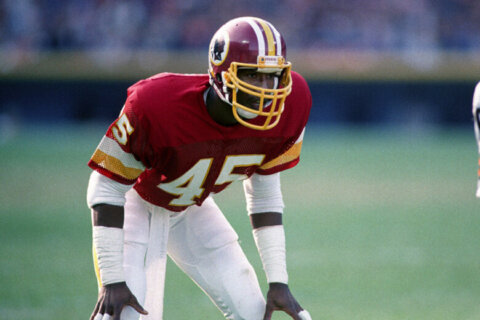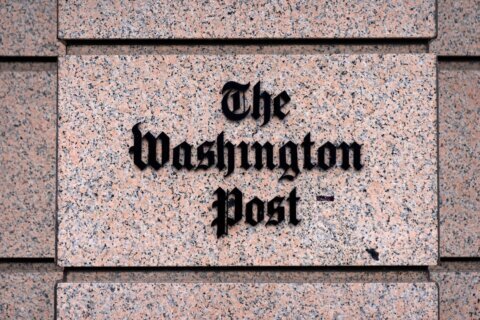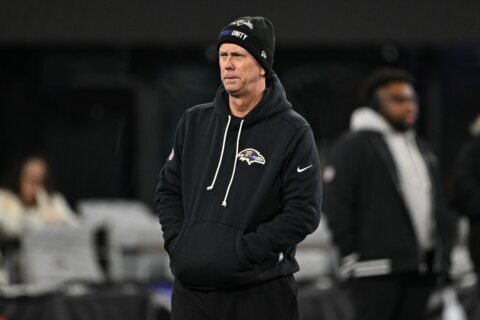WASHINGTON — Once the home to both Washington’s NFL and MLB teams, RFK Stadium will be left vacant when D.C. United moves to its new venue in Buzzard Point, likely for the 2018 season. This will present a tremendous opportunity for the 190-acre space that hugs the west bank of the Anacostia River.
Exactly what will be developed in that space will shape the Eastern part of the District and the neighborhoods that surround it for generations to come. But what will it look like?
Events DC, the group in charge of redeveloping the RFK site, will present a series of potential plans Monday in the West Salon of the Walter E. Washington Convention Center, in downtown D.C., beginning at 6:30 p.m.
The plans are a culmination of months of planning and a series of meetings with the public to solicit input, and will be put on display to gauge reaction as the group looks to move into the next stage of development.
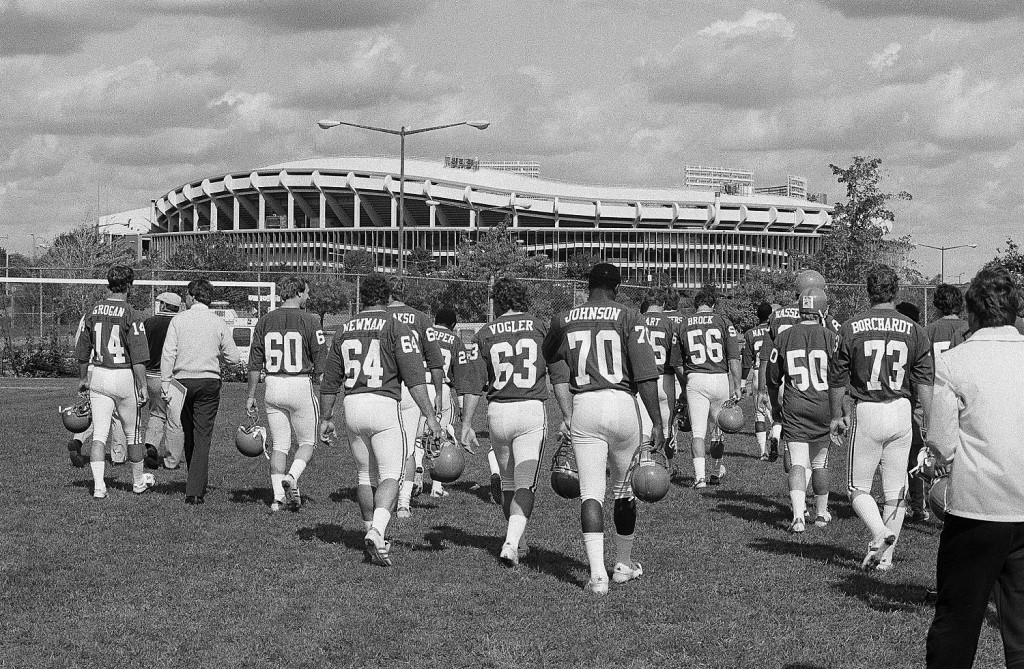
The plans
The site will remain allocated for sports and entertainment purposes, which means there will be no houses or condos built as part of the redevelopment, as per a provision of the group’s lease with the National Park Service over land usage. However, there may be some new types of elements borrowed from successful models in other cities.
The site could be used as a home for Washington’s NFL team, and The Washington Post reported Monday that a home for the Capitals or Wizards could be built there.
In a meeting last week, the president and CEO of Events DC, Greg O’Dell, did not go into detail on which cities were studied, but he did mention London’s Borough Market as a source of inspiration for a possible community catalyst.
But don’t expect any single-use buildings. Options and versatility seem to be driving factors in the various layouts.
“The one thing we kind of wanted to take liberty with is there is no single-purpose building that is being built anymore,” O’Dell says. “Whatever we do will have other amenities to support it.”
That means whether or not the NFL ever returns to Washington and to the RFK site, there will be other plans for how the land is used. Events DC interviewed a large number of potential users, including both amateur and professional sports organizations before commissioning the design process.
“We know there’s a stadium option that everyone is talking about,” O’Dell says. “If we had a stadium option or not, there’s other things you can do on that site.”
The options to be presented Monday are expected to include three variations of two basic sets of designs — one with a centralized, anchor stadium to potentially be used for football and/or international soccer, and the other without.
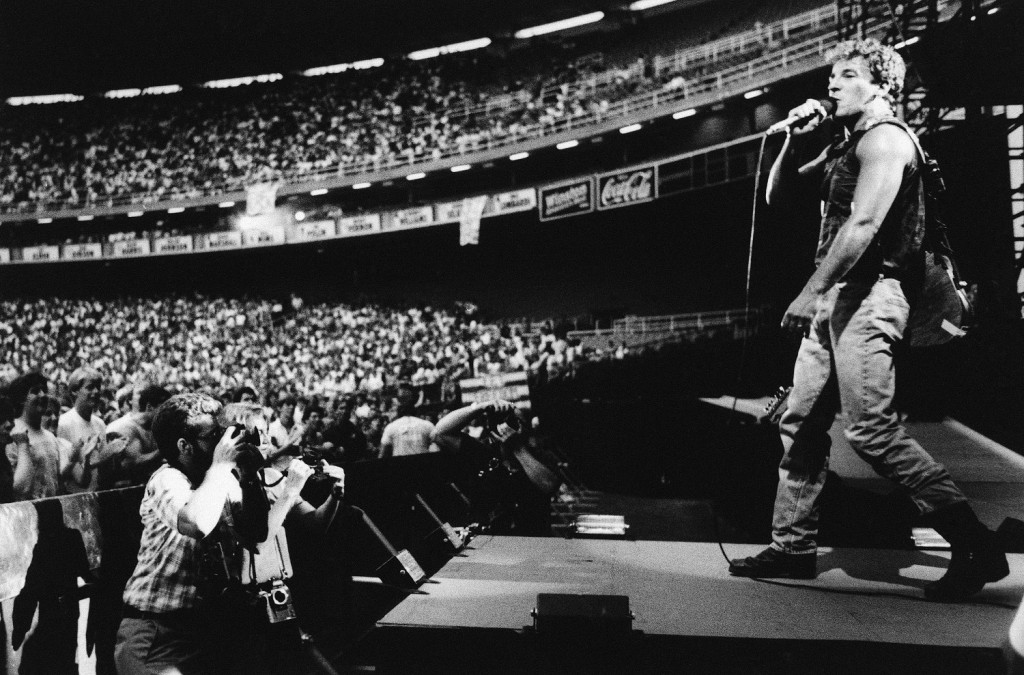
Community input
Another Events DC project, the redevelopment of St. Elizabeth’s Hospital in Ward 8 to become the new Washington Wizards’ practice facility and home of the Washington Mystics, has been met with some public criticism recently. Most of the detraction stemmed from two issues — the fact that the District would be on the hook for any cost overrun, and the perceived lack of transparency and community input in the decision-making process.
D.C. Councilmember Elissa Silverman, I-At Large, called for a public hearing to discuss the overrun and shed more light on that project, even penning an editorial in The Washington Post to garner support for the hearing, which took place last Thursday.
“This project had avoided the normal legislative process for approving such a corporate subsidy, and that left members of the Ward 8 community — as well as those across the city who care about Ward 8 — without a way to tell the Council what they think of the project or offer their input on how to make it work even better,” Silverman said in a statement to WTOP.
To avoid similar issues in the RFK project, Events DC has held three public meetings with local residents — two last September and one in October — leading up to the design and process for the RFK site. Now that the plans are ready to be revealed, O’Dell says the public’s reaction to and feedback from them will have a significant impact on the final decision-making process.
“A great deal,” he says. “From our perspective, we want to make sure that the community members are heard. I think they are one of the key stakeholders.”
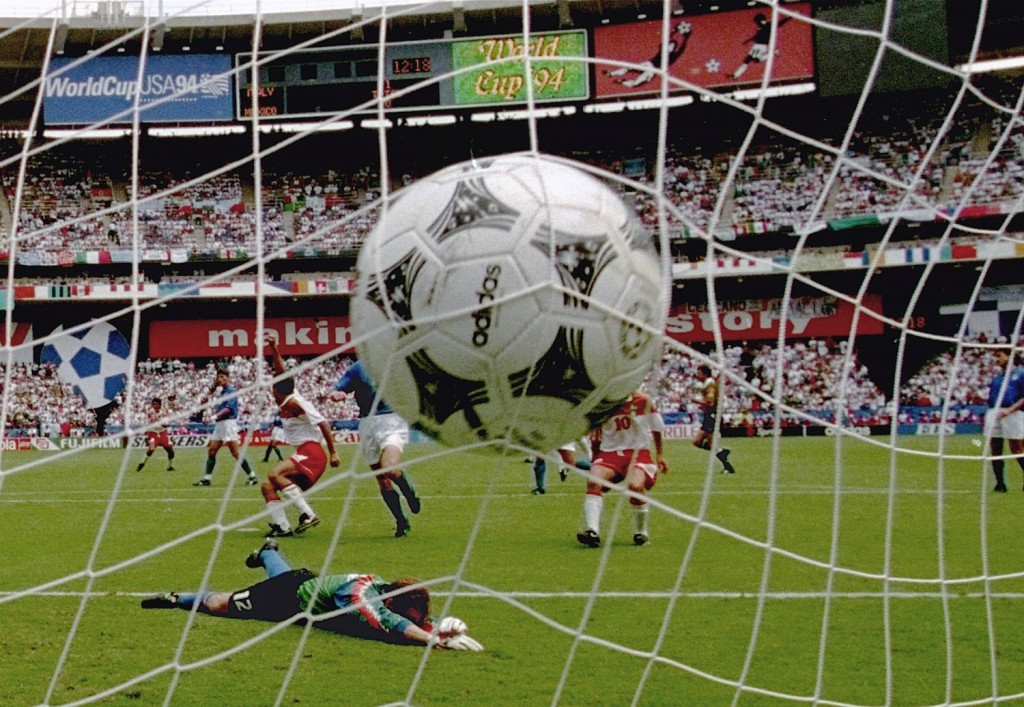
Cost
There has been no discussion yet regarding the potential cost of the RFK project to this point. But in its public meetings, Events DC also promised an analysis of the financial feasibility of each proposal as part of their unveiling Monday, something Silverman has a keen interest in monitoring no matter which project site Events DC is working on.
“Stadium projects — and I’ll include practice facilities — are controversial,” she wrote in her statement. “We have a limited number of tax dollars to do a lot of things — public education, transportation, and yes, making our city more vibrant economically and culturally. I believe the latter includes professional sports teams. We need to make sure these deals make sense for our city and that our residents and businesses who pay the tax dollars used for these projects have a voice.”
For his part, O’Dell acknowledges those concerns and expresses some regret for perhaps not making clear the delineations in how public money is allocated for these projects in advance of the St. Elizabeth’s deal.
“We absolutely appreciate the concerns about managing a project responsibly,” he says. “The first thing we want to make sure we address is we want to be transparent in how we manage this project. From our perspective, we’re an independent agency and we have a dedicated source of funding that is for this purpose. It is not the same dollars that would be used for potholes or schools. We are directed to do this type of events and actually reinvest back in our industry to do this.”
The economic viability of the RFK proposal will no doubt be of great interest to public officials. It will be interesting to see if the potential burden for any cost overrun on this project would put on the city, as it was for the St. Elizabeth’s project, or if it would be shared evenly by a potential tenant, the way it is structured in the new D.C. United stadium deal.
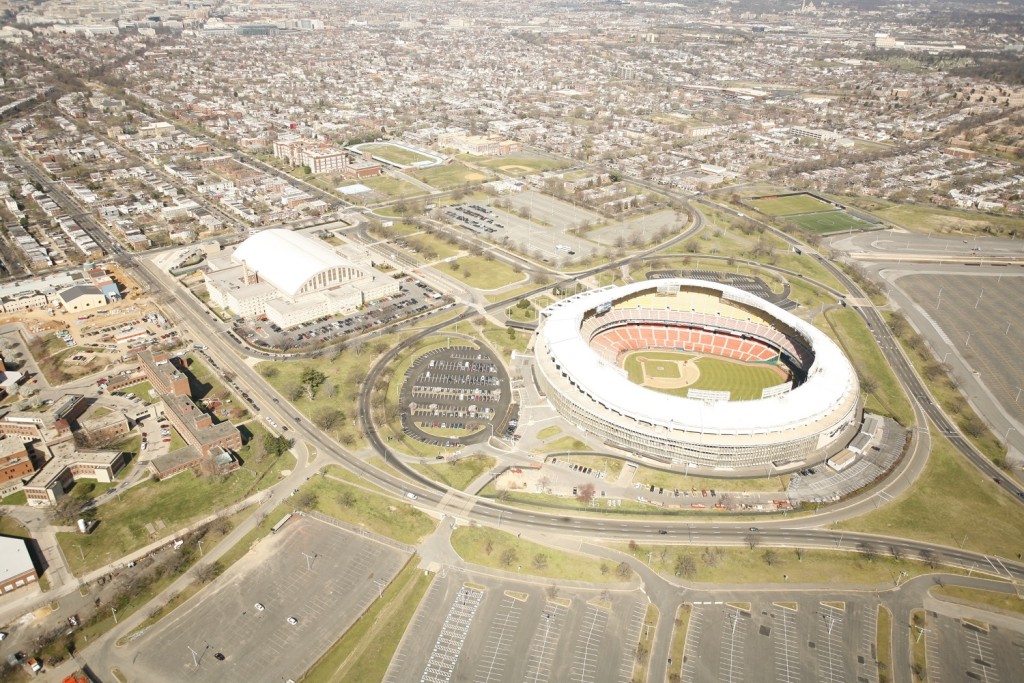
A unique opportunity
“This is a once-in-a-lifetime chance to redevelop this site,” O’Dell says of the 190-acre waterfront site. “Frankly, when will you ever get a chance to do that?”
As the rivers of the District have been cleaned up over the past few years, waterfront property has taken on a larger focus, with the wharf area in Southwest transformed into a forest of cranes. Similarly, the RFK site offers a long stretch of access to the Anacostia River, something the site has failed to utilize to this point.
“As great as RFK Stadium served for the time it did, it did not take advantage of that waterfront at all,” O’Dell says. “In this case, we now have a chance to actually realize a vision on that waterfront that connects to the 11th Street Bridge and all the other development that is taking place along the Anacostia.”
The Anacostia River Tunnels project, tasked with improving D.C. Water’s sewer systems to help clean up the area’s rivers, currently operates on the south end of the RFK site. The anticipated completion date for that project is November 2017, just in time for the first elements of the RFK redevelopment to begin.
“We don’t want to wait and have this grand development — we want to activate the site now,” O’Dell says. “Even if we talk about what the long-term vision is, we want some of those attractions or elements that we discussed to get done right now.”
As for the rest of the project, depending on the elements present in the final plan, one can expect a completion date sometime in the 2020s.
“We would love to do something in 3-5 years,” O’Dell says, though he is mindful of potential regulatory processes slowing that timeline. “But 3-5 years would be great, if we can do that.”

